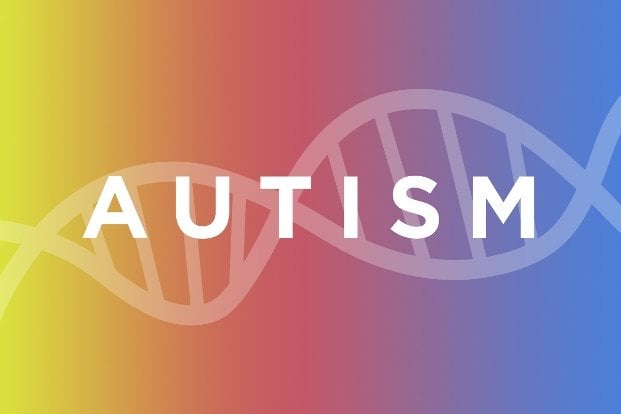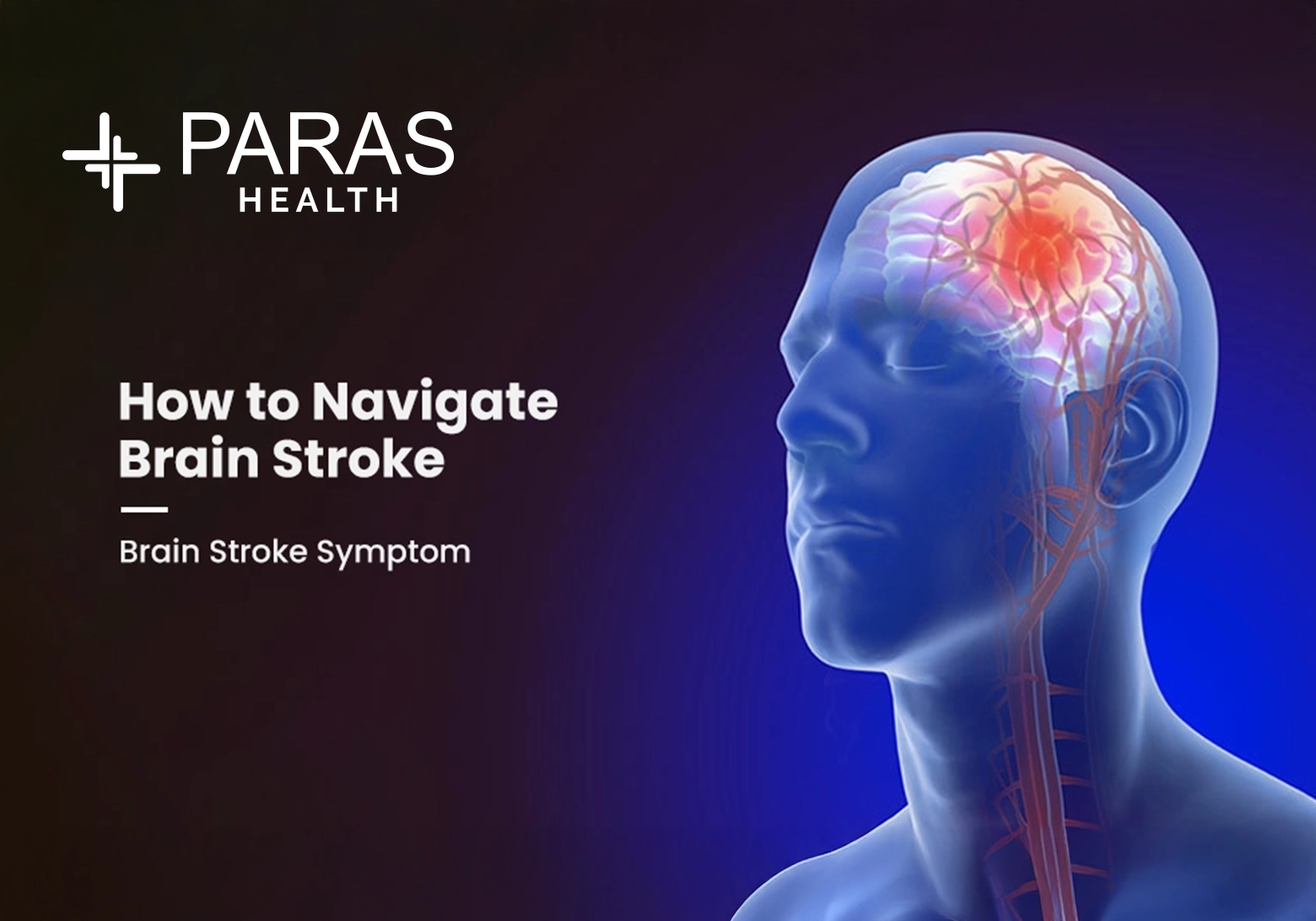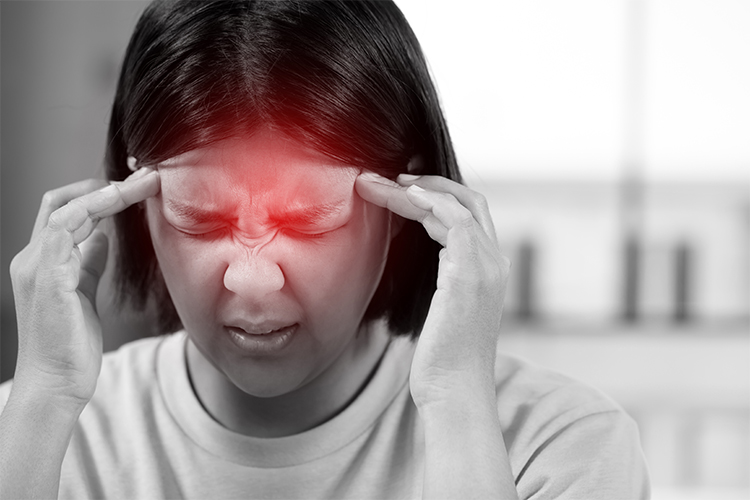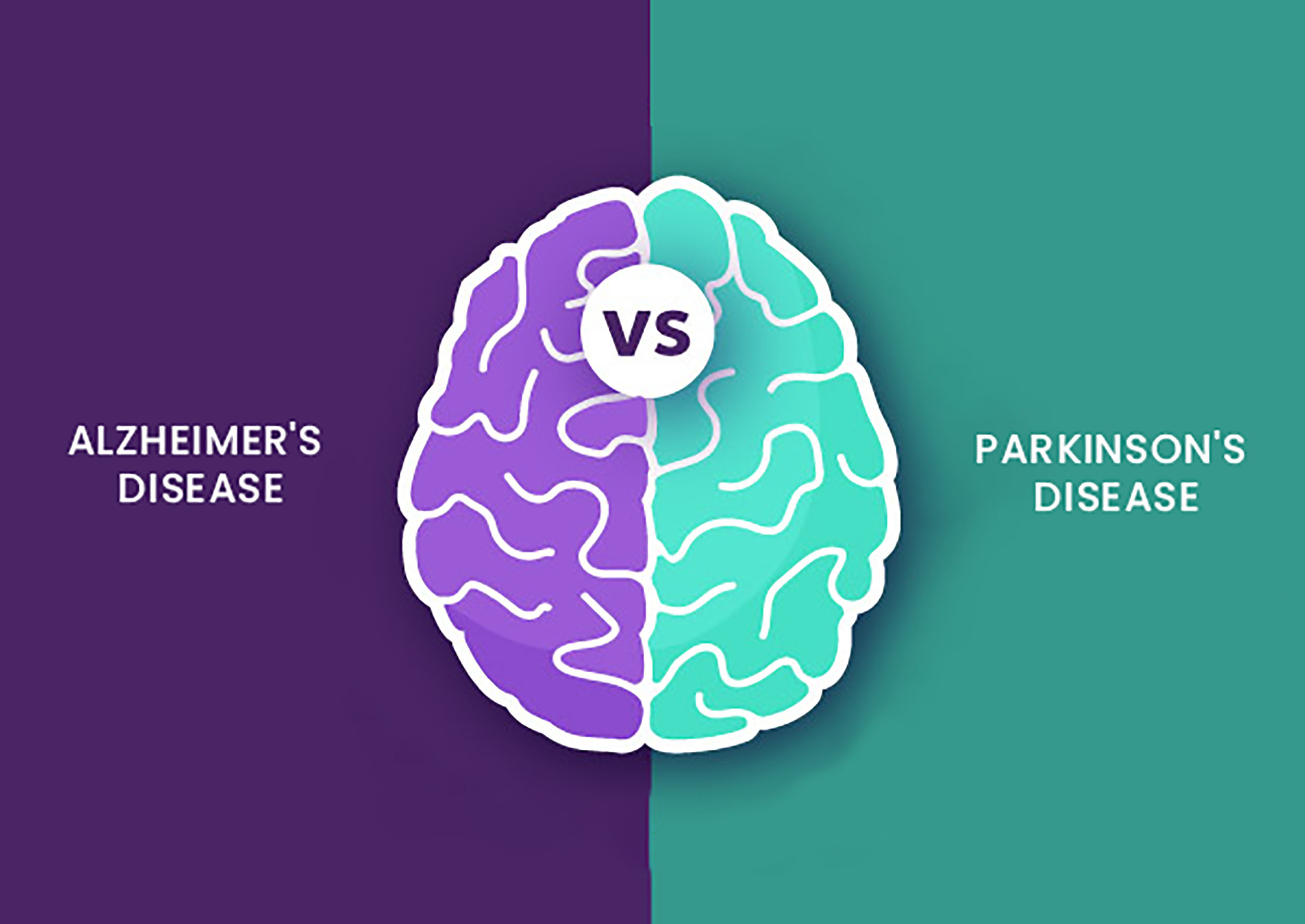What disease is associated with Autism?

Apr 19, 2022
Autism is a disorder of the brain, a condition where a part of the brain stops functioning. Some areas of the brain find it hard to communicate or relate to others. Hence, people who have this disorder find it difficult to relate to others. However, diagnosis and treatment at an early stage can help people overcome the situation.
Autism is an inherited disorder. Research to discover the exact gene that carries autism is ongoing. Scientists are also exploring to see if medical problems can cause autism. Although some childhood vaccines (for measles-mumps-rubella or MMR vaccine) have been linked to autism, there is no evidence as such to prove the same. Hence, ensure that your child gets vaccinated against all serious diseases.
What are the symptoms of Autism?

Autism symptoms can be detected even before the chid is 3 years old. Some signs would be when:
- A child fails to speak or does not show an inclination or ability in learning syllables.
- He/she may also seem deaf despite having a normal hearing capacity.
- The child exhibits repeated and overused patterns of behavior. For e.g. a child may compulsively repeat body movements in a certain pattern or may be acutely obsessed with certain objects.
- The child may also show signs of agitation if there is a change in routine
All the patterns may range from mild to severe.
Other problems associated with autism include:
- Most children have below-normal intelligence.
- Teens become victims of depression and those with average or above-average intelligence experience anxiety.
- Some teens may also experience seizures such as epilepsy.







